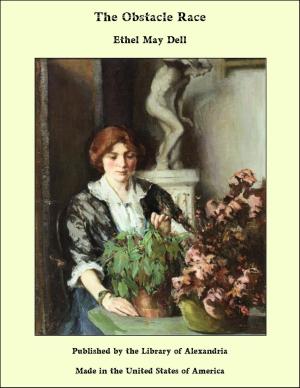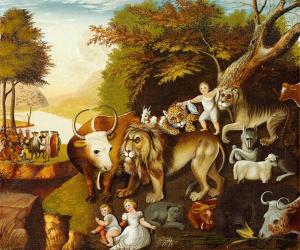The Book of Old English Ballads
Nonfiction, Religion & Spirituality, New Age, History, Fiction & Literature| Author: | George Wharton Edwards | ISBN: | 9781465525277 |
| Publisher: | Library of Alexandria | Publication: | March 8, 2015 |
| Imprint: | Language: | English |
| Author: | George Wharton Edwards |
| ISBN: | 9781465525277 |
| Publisher: | Library of Alexandria |
| Publication: | March 8, 2015 |
| Imprint: | |
| Language: | English |
Goethe, who saw so many things with such clearness of vision, brought out the charm of the popular ballad for readers of a later day in his remark that the value of these songs of the people is to be found in the fact that their motives are drawn directly from nature; and he added, that in the art of saying things compactly, uneducated men have greater skill than those who are educated. It is certainly true that no kind of verse is so completely out of the atmosphere of modern writing as the popular ballad. No Other form of verse has, therefore, in so great a degree, the charm of freshness. In material, treatment, and spirit, these bat lads are set in sharp contrast with the poetry of the hour. They deal with historical events or incidents, with local traditions, with personal adventure or achievement. They are, almost without exception, entirely objective. Contemporary poetry is, on the Other hand, very largely subjective; and even when it deals with events or incidents it invests them to such a degree with personal emotion and imagination, it so modifies and colours them with temperamental effects, that the resulting poem is much more a study of subjective conditions than a picture or drama of objective realities. This projection of the inward upon the outward world, in such a degree that the dividing line between the two is lost, is strikingly illustrated in Maeterlinck's plays. Nothing could be in sharper contrast, for instance, than the famous ballad of "The Hunting of the Cheviot" and Maeterlinck's "Princess Maleine." There is no atmosphere, in a strict use of the word, in the spirited and compact account of the famous contention between the Percies and the Douglases, of which Sir Philip Sidney said "that I found not my heart moved more than with a Trumpet." It is a breathless, rushing narrative of a swift succession of events, told with the most straight-forward simplicity. In the "Princess Maleine," on the Other hand, the narrative is so charged with subjective feeling, the world in which the action takes place is so deeply tinged with lights that never rested on any actual landscape, that all sense of reality is lost. The play depends for its effect mainly upon atmosphere. Certain very definite impressions are produced with singular power, but there is no clear, clean stamping of occurrences on the mind.
Goethe, who saw so many things with such clearness of vision, brought out the charm of the popular ballad for readers of a later day in his remark that the value of these songs of the people is to be found in the fact that their motives are drawn directly from nature; and he added, that in the art of saying things compactly, uneducated men have greater skill than those who are educated. It is certainly true that no kind of verse is so completely out of the atmosphere of modern writing as the popular ballad. No Other form of verse has, therefore, in so great a degree, the charm of freshness. In material, treatment, and spirit, these bat lads are set in sharp contrast with the poetry of the hour. They deal with historical events or incidents, with local traditions, with personal adventure or achievement. They are, almost without exception, entirely objective. Contemporary poetry is, on the Other hand, very largely subjective; and even when it deals with events or incidents it invests them to such a degree with personal emotion and imagination, it so modifies and colours them with temperamental effects, that the resulting poem is much more a study of subjective conditions than a picture or drama of objective realities. This projection of the inward upon the outward world, in such a degree that the dividing line between the two is lost, is strikingly illustrated in Maeterlinck's plays. Nothing could be in sharper contrast, for instance, than the famous ballad of "The Hunting of the Cheviot" and Maeterlinck's "Princess Maleine." There is no atmosphere, in a strict use of the word, in the spirited and compact account of the famous contention between the Percies and the Douglases, of which Sir Philip Sidney said "that I found not my heart moved more than with a Trumpet." It is a breathless, rushing narrative of a swift succession of events, told with the most straight-forward simplicity. In the "Princess Maleine," on the Other hand, the narrative is so charged with subjective feeling, the world in which the action takes place is so deeply tinged with lights that never rested on any actual landscape, that all sense of reality is lost. The play depends for its effect mainly upon atmosphere. Certain very definite impressions are produced with singular power, but there is no clear, clean stamping of occurrences on the mind.















